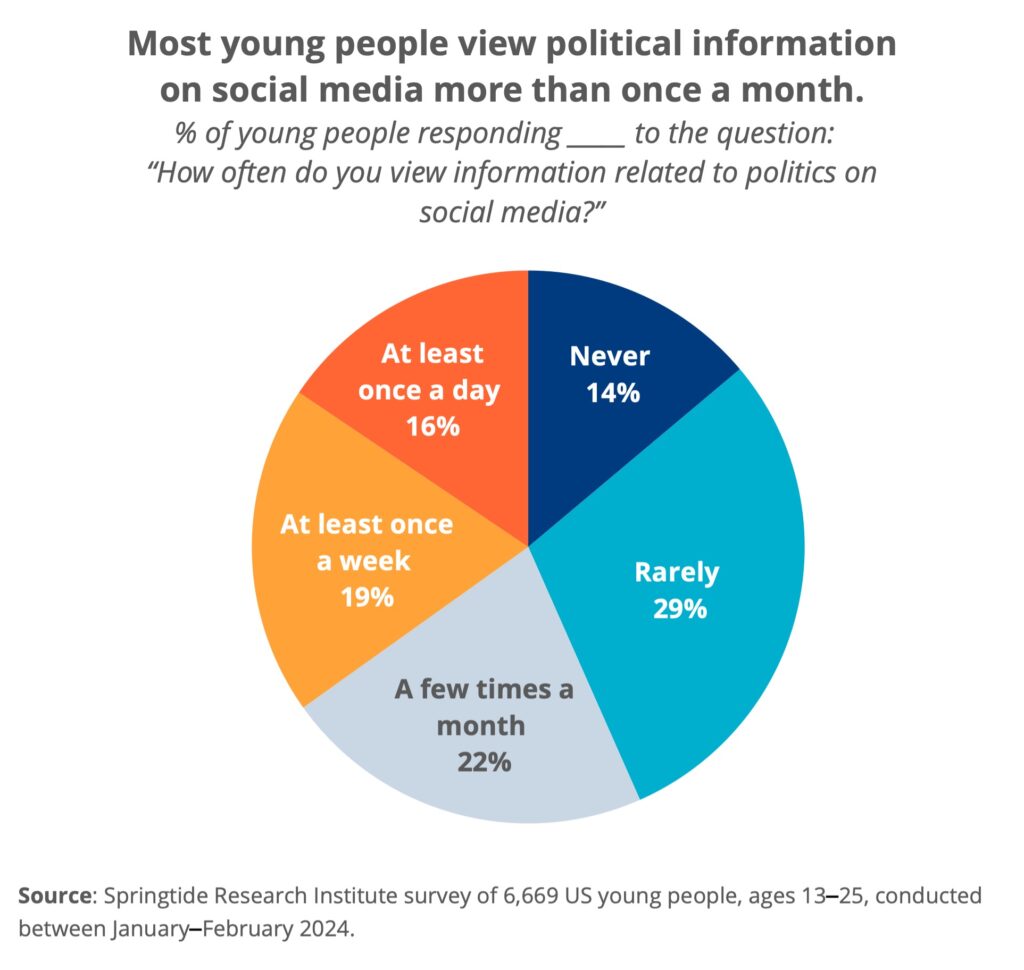
In 2023, social media remains a powerful force shaping the landscape of U.S. politics. From influencing public opinion to facilitating grassroots movements, platforms like Twitter, Facebook, Instagram, and TikTok have become integral to how political messages are crafted, shared, and consumed. This review explores the multifaceted impact of social media on U.S. politics, highlighting trends, challenges, and implications for the future.
Political Campaigning and Fundraising
The 2024 election cycle has shown a significant shift in how candidates campaign and fundraise. Social media platforms have become essential tools for reaching voters, especially younger demographics. Campaigns are increasingly leveraging targeted advertising to tailor messages to specific audiences based on their online behavior. Fundraising has also evolved, with many candidates using platforms like ActBlue and GoFundMe in conjunction with social media to mobilize small-dollar donations. This democratization of fundraising has allowed candidates with less traditional backing to compete more effectively.
Disinformation and Misinformation
Despite its benefits, social media is also a breeding ground for disinformation and misinformation. In 2023, the spread of false narratives and conspiracy theories has been a significant concern, particularly around elections and public health issues. Platforms have faced criticism for their inadequate responses to the dissemination of false information. While some companies have implemented fact-checking measures and content moderation policies, the sheer volume of content makes it challenging to maintain a reliable information ecosystem. This has raised questions about the role of social media in shaping public perception and the potential consequences for democratic processes.
Grassroots Movements and Activism
Social media continues to empower grassroots movements and activism, providing a platform for marginalized voices and issues often overlooked by traditional media. Movements such as Black Lives Matter and climate activism have gained momentum through online campaigns, hashtag movements, and viral challenges. In 2023, new movements have emerged, highlighting issues like reproductive rights and economic inequality, with social media serving as a catalyst for mobilization and awareness. These platforms enable activists to organize quickly, share information, and build coalitions across geographical boundaries.
Polarization and Echo Chambers
One of the significant challenges of social media in politics is the exacerbation of polarization and the creation of echo chambers. Algorithms that prioritize engagement often lead users to content that reinforces their existing beliefs, further dividing the political landscape. In 2023, this trend has been evident, with users increasingly isolating themselves within ideological bubbles. This phenomenon not only limits exposure to diverse perspectives but also contributes to a toxic political culture marked by hostility and distrust.
The Role of Influencers in Politics
Influencers have emerged as key players in the political arena, with many using their platforms to engage their followers in political discourse. In 2023, influencers have played a crucial role in mobilizing younger voters, advocating for issues such as climate change, social justice, and mental health. Candidates and political organizations are increasingly partnering with these figures to reach wider audiences in a more relatable manner. However, the reliance on influencers raises questions about the authenticity of political engagement and the potential for commercial interests to overshadow genuine advocacy.



